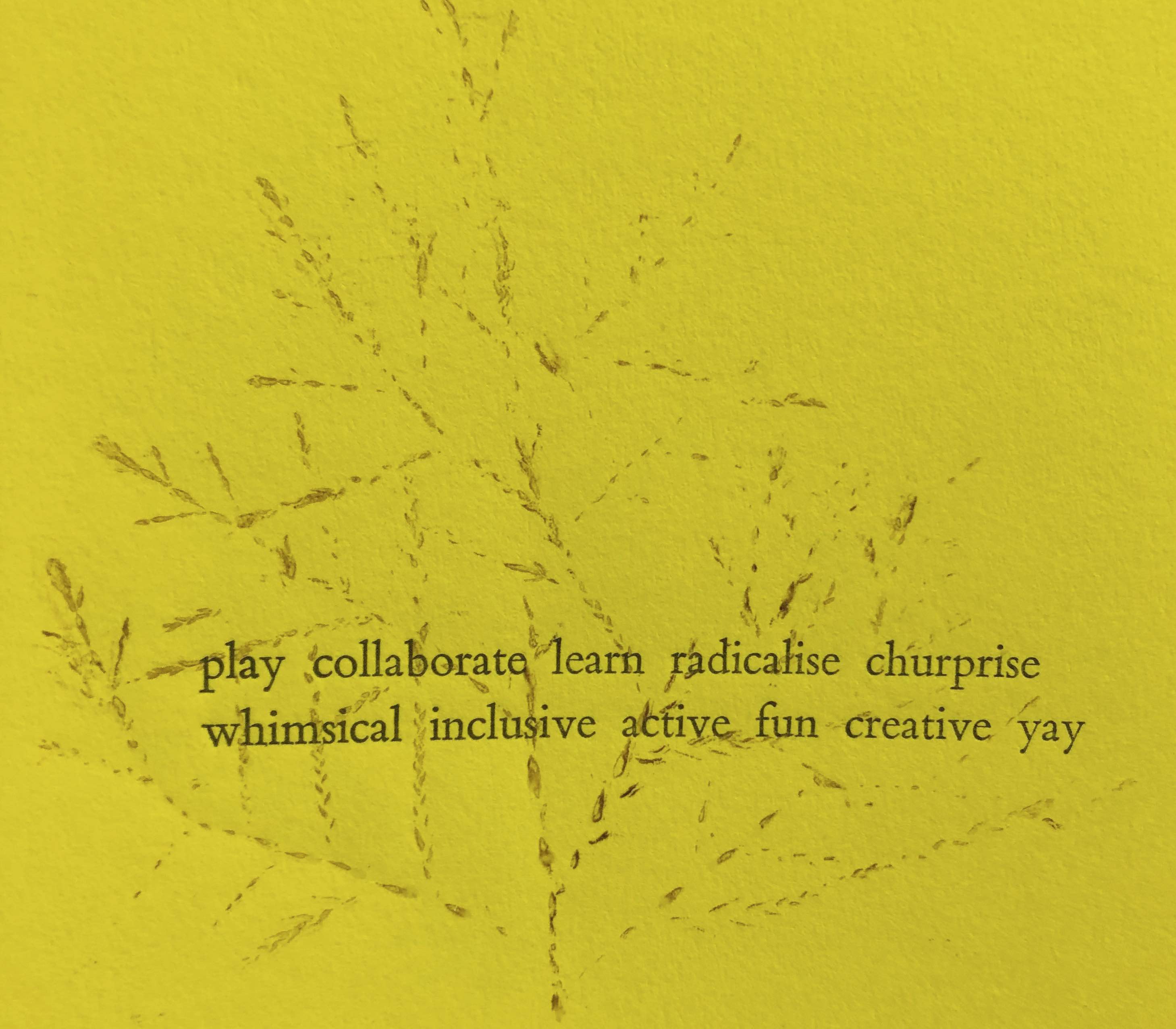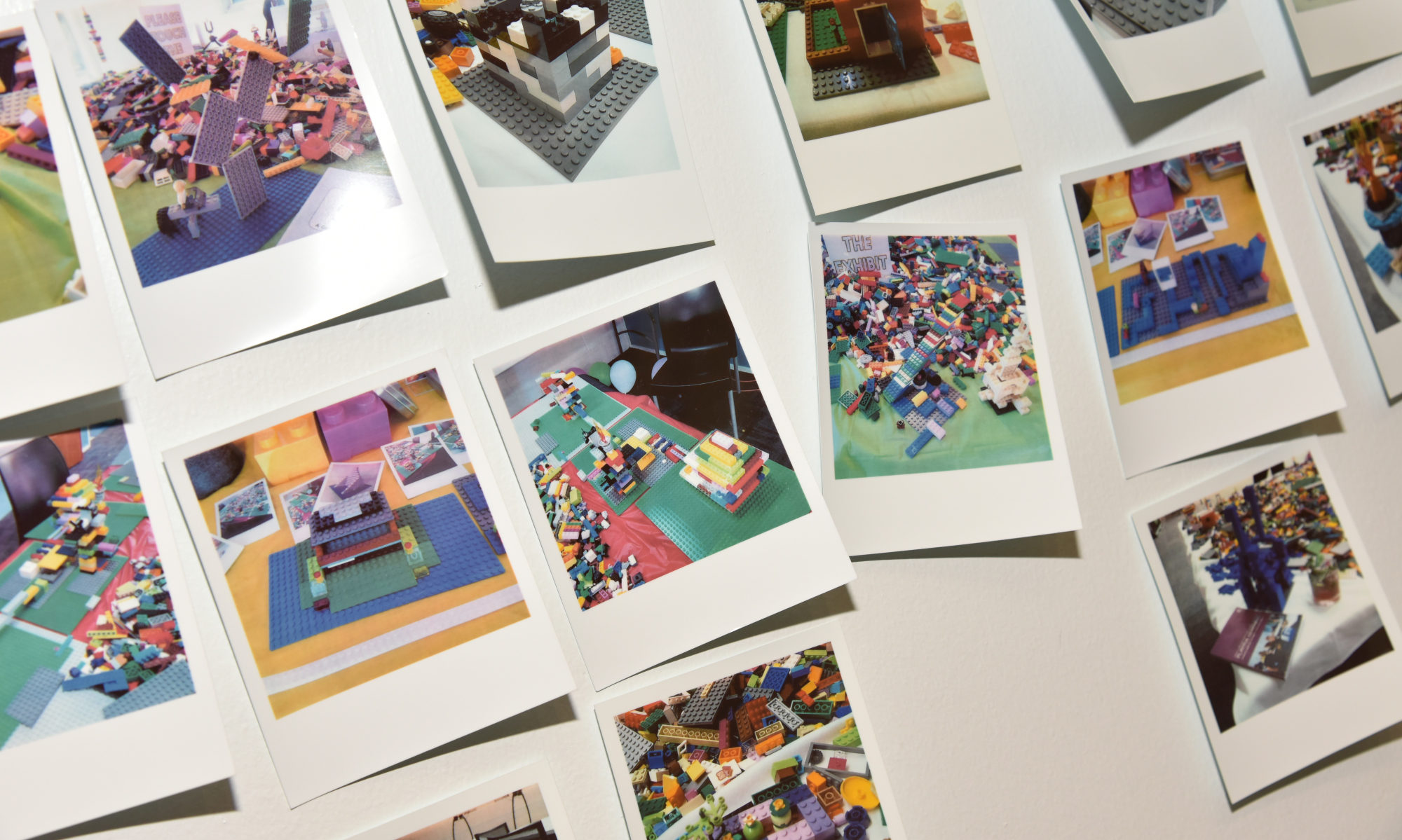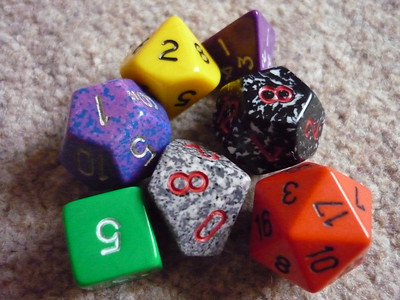Guest Blogger: Alex Moseley

It was time to get serious on day 4 of #PlayLearn21. A day of #Rigour. A day of collaborative writing. A day of Churprise*!
Playful Learning, as a young field of study without borders or a strong parent discipline (all metaphors intended) benefits and suffers from the same problems as any new or hybrid discipline. We don’t have a defined set of methods, approaches and tools; we don’t have a history of traditions or tacit understandings. Additionally, we suffer from the general outside view that play and games are childish, frivolous, silly, non-serious, only about fun, etc.
On the positive side, we have a clearer sense of shared values (in evidence this week, despite the mix of existing and new members who’ve joined the conference) than many more established disciplines, and we can and do draw on methods, approaches and tools from a range of other disciplines without fear of being ‘out of line’. We can also invent new ways of doing things.
The feeling pervades, though, that we have to qualify our work. Defend it. Insist that it is serious, even if it might be fun at times. That we as playful practitioners/researchers, and our work, have rigour.
My own sense is that we need to develop an inclusive confidence in what we do. That over time – through practice, reflection, sharing, talking, failing, learning etc. – we become more confident in our own field, and in our own rigour.
I arrived at the live games session at lunchtime to find an in depth discussion already underway: around ‘rigour’ and how relevant it was to practice on the ground, with colleagues and managers, and within HE structures. It became so interesting that we carried it on for half an hour, before drawing a reluctant end and starting the intended game sessions.
We spent a lot of that discussion focussing on quality (as a measure of internal ‘rigour’) and particularly student assessment – referring to the experience points and levels in Lee Sheldon’s ‘Multiplayer Classroom’ (2011) (which Scott Nicholson [2013] has tried to mixed effect), and the concept of ‘ungrading’ which shifts the focus of learning from product to the process itself.
Meanwhile, work on the crowd-sourced / collaborative Encycloplaydia was well underway. After a slow start on Wednesday evening (UK time) with a few tentative single word additions, a few more detailed entries appeared, and then contributors gained in confidence as the day went on. A pattern I’ve often found in asynchronous activities, but also here I felt it was related to building confidence in our own practice – and what we collectively decide represents ‘rigour’.
A few favourites of mine from the still-growing set:
Balloons – so full of tension and surprise.
*Churprise – ‘a portmanteau word, containing elements of both challenge and surprise’ invented by attendees at the Playful Learning Conference 2019 (Ferguson et al, 2020).
Grok – You understand something so thoroughly that you become one with it and perform the action without thinking about it.
Playfulness – “a state of mind, an internal predisposition that is composed of creativity, curiosity, sense of humor, pleasure, and spontaneity.” (Guitard, Ferland, & Dutil, 2005, p 19). Open to, and seeing the opportunity for, play.
Sew – A needle pulling thread (Hammerstein II, 1959).
I sensed over the day, and over this week as a whole, that we are starting to gain some confidence in our field. That playful learning, as an emerging/hybrid discipline, is strengthening its nerve and its voice.
Let’s keep talking, doing, reflecting, sharing, talking, empathising, failing, learning and getting stronger together.





